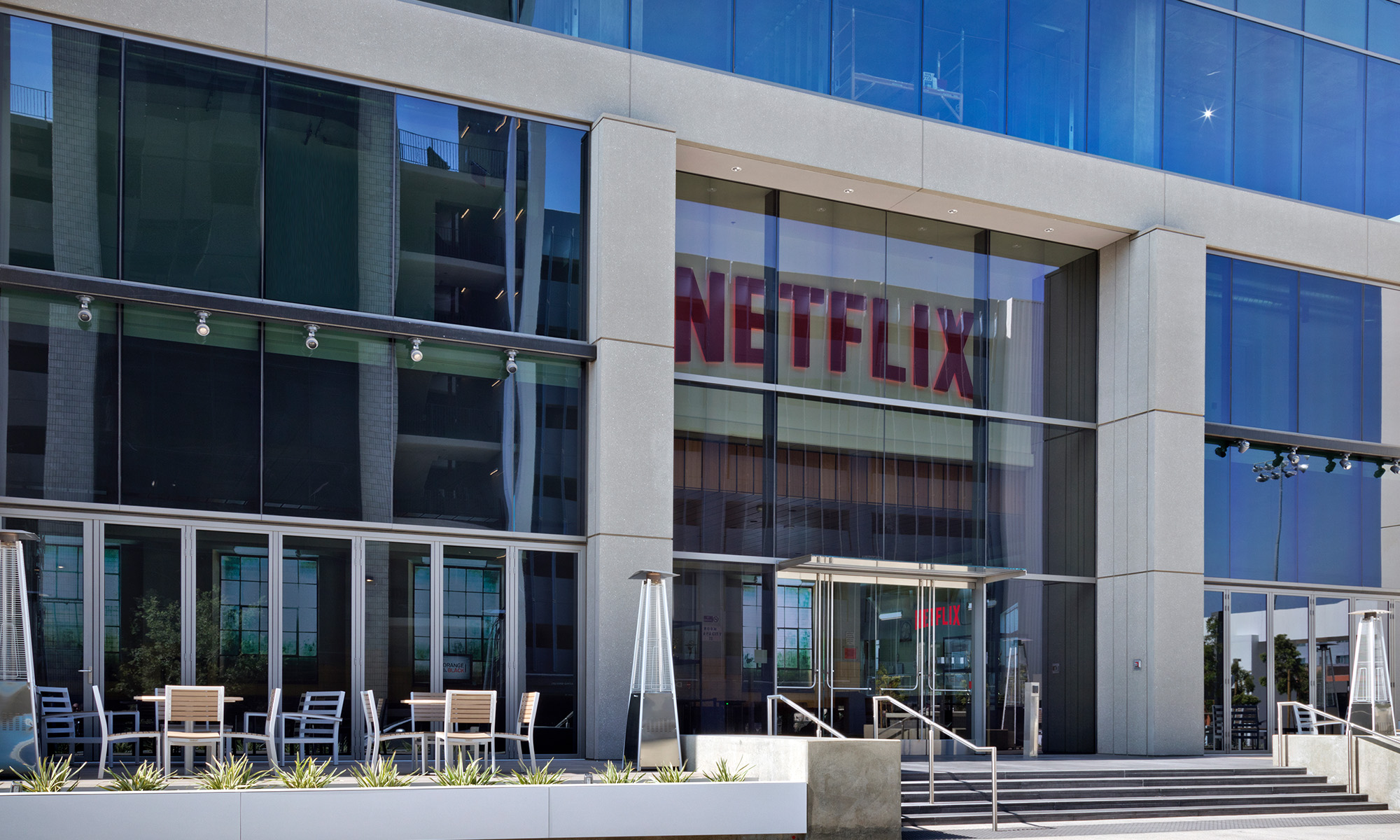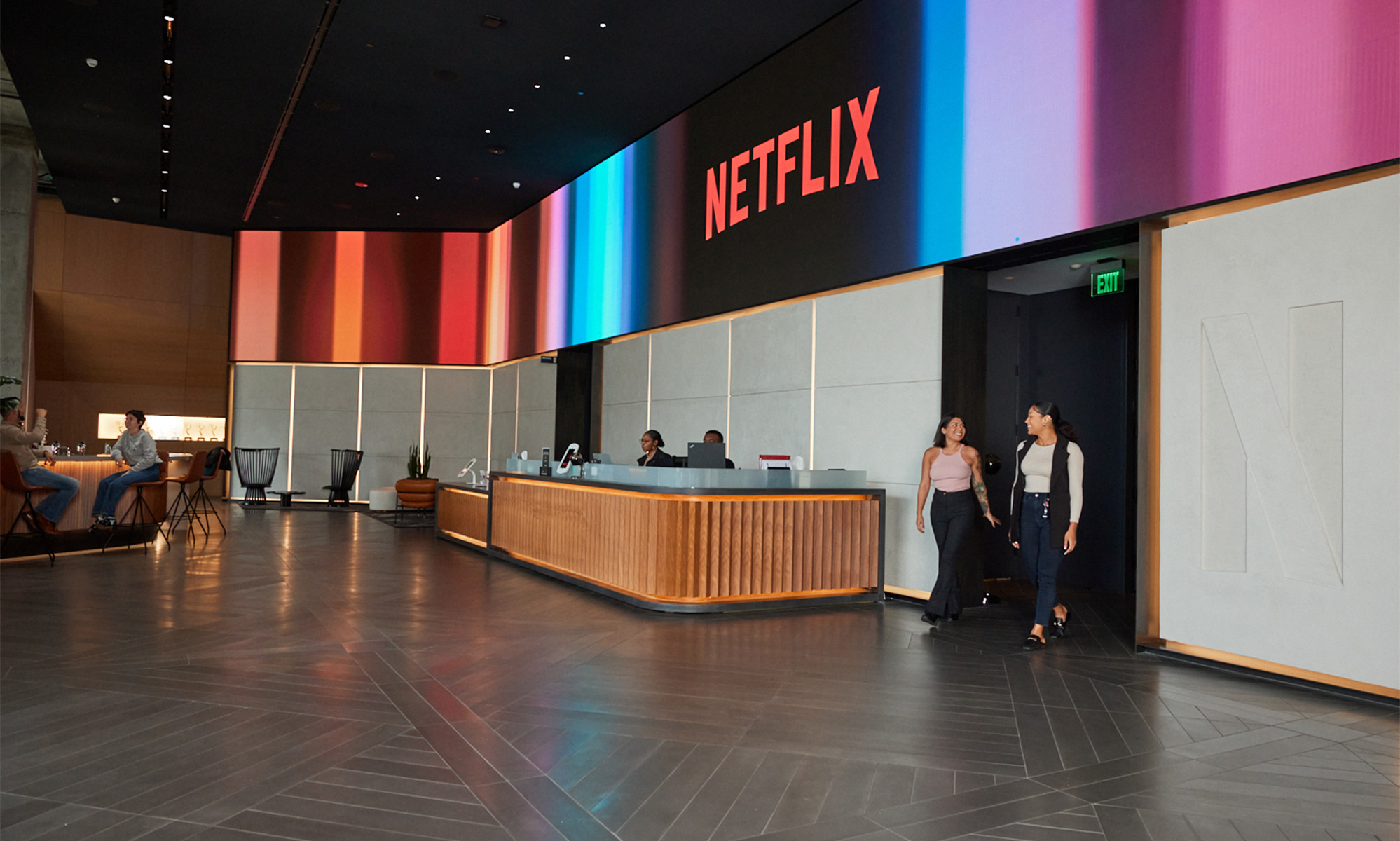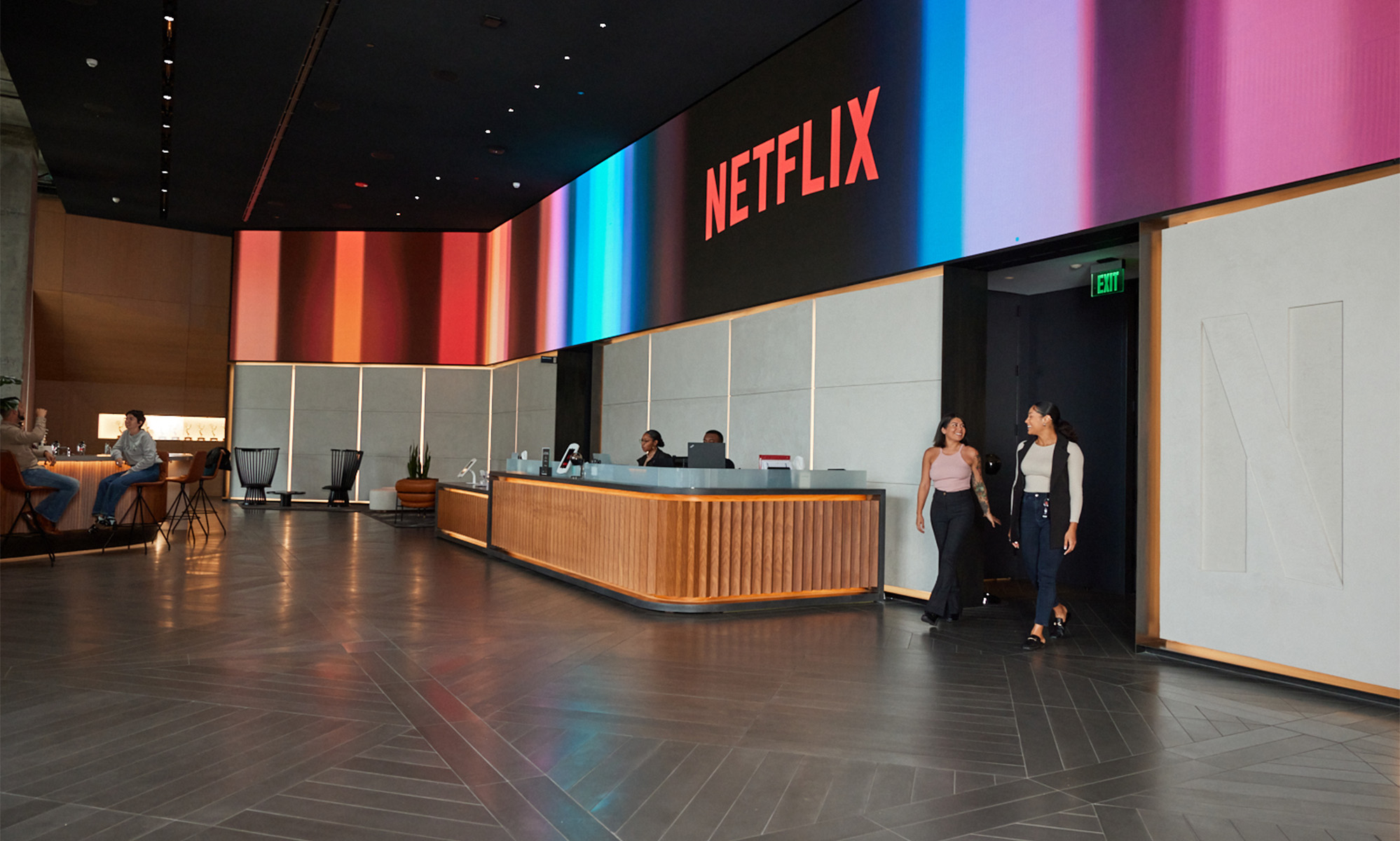It seems that not a day goes by without the Wall Street rumor mill generating new whispers of impending mergers and acquisitions. While we Fools like to invest in businesses based on their fundamentals -- rather than takeover hype – a major acquisition can alter the competitive dynamics of entire industries. That's why we like to stay abreast of the latest developments and consider the impact of potential deals.
We asked three Motley Fool contributors what companies they believe suffer buyouts in the near future. Read on to see why Netflix (NFLX 0.21%), Twitter (TWTR +0.00%), and Groupon (GRPN +0.37%) may be the next tech stock buyouts.

Source: Netflix
Joe Tenebruso (Netflix): Netflix is often mentioned as a takeover target for a growing list of potential suitors. With more than 53 million subscribers and a leading position in the high-growth streaming-video market, it's easy to see why Netflix would make for an attractive acquisition. But which company would benefit the most from purchasing Netflix?
Apple (AAPL +2.75%) has long been rumored to be a likely acquirer, but the tech titan already has a video delivery platform in iTunes. Although it's true that Netflix's subscription-based service would be mostly complementary to Apple's existing iTunes business, at a likely price tag of about $30 billion (which includes a hefty 50% premium to Netflix's current $20 billion market cap to convince shareholders to relinquish their shares), such an acquisition would be more than 10 times larger than every other company Apple has ever acquired.
Amazon (AMZN +0.16%) is another rumored suitor, but it also already has a popular streaming service in Amazon Instant Video. Would Amazon choose to buy Netflix rather than continue to compete with it? It's possible, since Amazon would face lower competition for content if it takes over its main streaming competitor, but such a deal could run into opposition from antitrust regulators.
That's why I believe the more likely acquirer is a business like Comcast (CMCSA +0.34%)(NASDAQ: CMCSK). Cable companies have the most to lose from the cord-cutting trend, in which consumers are beginning to cancel their cable subscriptions in favor of less-expensive web-based video entertainment options. By purchasing Netflix, Comcast could position itself as a leader in streaming, and thereby begin to profit from this trend. Netflix would surely cannibalize some of Comcast's traditional cable services, but as Apple has shown, it would be better for Comcast to cannibalize itself rather than continue to let a competitor take share.

Source: Twitter
Sam Mattera (Twitter): Twitter has long been seen as a potential takeover target. Since at least 2010, several major tech firms, including Facebook (FB +2.17%), Microsoft (MSFT +1.54%), and Google (GOOG +2.08%)(GOOGL +1.92%) have been cited as potential suitors.
Twitter shares crashed more than 40% in 2014. The company has shuffled its executive team, and CEO Dick Costolo has faced heavy criticism for the state of the company, his management style, and most recently, his decision to sell shares. A strong offer from another tech giant -- perhaps a company looking to crack into social media -- would be difficult to turn down.
Despite the uncertainty over Twitter's future -- it doesn't appear as though it will ever be as large as Facebook -- the company has a unique business model, and a strong moat. According to Fortune, in 2010, Google tried to buy the company for $10 billion.Today, it's worth more than twice that, but the business is far more established. Acquiring Twitter would give Google (or a rival such as Apple) a strong foothold in social media (previous efforts, including Google+ and Ping, have largely failed).

Source: Groupon
Bob Ciura (Groupon): For the past year I've suspected that Google would once again try to purchase Internet deals company Groupon. Most investors probably recall Google tried to buy Groupon in 2010 for nearly $6 billion. It hasn't happened so far, but I still think the deal makes sense strategically and financially.
Groupon competes directly with Google Offers, and Groupon has done well in growing its customer base and brand. Revenue rose 25% through the first three quarters of fiscal 2014, year over year. Worldwide billings soared 39% last quarter and reached their highest level ever. Acquiring Groupon would allow Google to quickly jump-start its Offerings platform, which allows users a fast, convenient way to pull up offers on their phones and redeem them instantly, and discover new destinations. Instead of competing against each other, the two could join forces and reap considerable synergies.
Financially, the deal is very attractive. Groupon shares fell 30% in 2014, and it is now a $4 billion company by enterprise value. Even assuming a sizable takeover premium, Google can still buy Groupon for about as much as it offered four years ago.
Groupon and Google teaming up is a logical deal from a business perspective, and the deal would not be too costly for Google. The two haven't renewed merger discussions as of yet, but it's a move that still makes sense.














